After quite a volume of articles on the basics of Jyotish, we must take a pause and explore the necessity or utility of Jyotish.
Well, as far as necessity goes, some famous philosopher has remarked about God; if there was no God, then we might have needed to invent God. Or, like the columnist Peter Hitchens likes to argue, why would you want to live in a society without God?
Can we similarly attribute Jyotish? If there was no astrology, we might have needed to invent it.
Let us look at Jyotish the way we interact with it today. Essentially as a ‘future predicting’ tool. There are some psychological counseling aspects about predicting the future, like telling someone things will become better in a few months (when a planet changes house !). However, if we examine human nature closely, it is obsessed with predicting the future. Be it predicting the stock market’s movements, wherein we have established a ‘future and options’ market. Weather prediction, population trending, employment forecasting, demand indexing are all synonyms of ‘future-prediction.’ Clearly, humankind has found enormous utility in such an endeavor. One can argue, these predictions are based on logic, statistical sciences, calculations, but we cannot ignore the underlying probability of failure in all such forecasts. Famously, the economist Burton Malkiel remarked that “a blindfolded monkey throwing darts at a newspaper’s financial pages could select a portfolio that would do just as well as one carefully selected by experts,” throwing a spanner in the works of all those stock prediction techniques.
Recently, with the advent of social media, prediction moved to more abstract domains; predicting human behavior, emotional state, product choices are at the core of social media and streaming platform algorithms. Again, companies find utility in pursuing these forecasting for apparent reasons of profit.
Thus, humankind has always found an innate utility in ‘future prediction.’
And, notably, we must mention that accuracy of the prediction is second to prediction ability. More than half the movies being suggested for viewing will most likely be ignored by the user, but there is value in the one’s not getting ignored.
Astrology can fall in this category, ‘having the value’ for the pure purposes of ‘future estimation,’ without a genuine concern for accuracy. It is like having a favorite color that reduces the burden of choice in a selection; having a Dasha/Planet appropriate color can speed up selecting the next car’s paint.
And, like after the financial crisis, the system was not at fault, but the fund managers were; When a business partnership fails even after careful chart matchmaking, the ‘astrologer’ who did the matchmaking was at fault!
Thus, if there was no astrology, we would have invented one by now in a few years; who knows that Facebook might start recommending marriage matches based on your social media interactions. Or, like in the Amazon Prime series, “Soulmates,” we might ‘discover’ a new chemical that connects people across the globe. Life is uncertain, and people will latch on to any tool that promises any level of certainty.
Next, we can lay an argument for Jyotish as a pure philosophical tool.
Once prediction accuracy is removed from consideration, what remains of Jyotish is the core philosophy. Now, many might balk at the idea of eliminating prediction from consideration. So first, here is an argument for it.
The ‘n’ number of ways that one might try to formulize astrology; there is no reference standard set anywhere to determine accuracy. The accuracy of astrological predictions is entirely subjective. The forecast itself is personal to the astrologer, and the only measure is ‘the person’ about whom the prediction is made. For example, a prediction is made that a person will gain a large amount of money in the next six months. Now, what is the ‘large amount’ of money? Five hundred, five thousand, five million, the amount is entirely subjective to the person. A person earning fifty a day will find five hundred as large, and someone else might discover five million as less. If no money is found, then the astrologer was at fault, or again the person was at fault because they failed to do what the astrologer asked them to do. An astute astrologer always assigns tasks for a particular outcome, fasting, performing puja, visiting a place, wearing a stone, chanting a mantra. Thus, when the said outcome is not realized, the astrologer can always fall back to saying, “the puja was not performed as per Shastra.”
So there is no point in keeping a personal and subjective aspect in our considerations.
Finally, let us talk about its core philosophy. In the Indian context, Jyotish is based on the ‘Karm’ philosophy with an essence of the cycle of multiple lives and re-births.
In a way, it is an extension of the topics discussed in ‘The Gita.’ Why are we here? The fundamental question that humankind asks. Is it a mere accident or part of some higher purpose? The question that is more tormenting in this world is the question of suffering? Why do some people suffer?
Sages, Yogis, Priests, Mythology, Religion grapple with these fundamental questions. And the common folk are happy with following the dictates set by their system of belief. For some, the misposition of a Planet in their chart is good enough to explain their suffering.
Those who think that ‘thinking’ is a virtue: for them, the philosophy of life and re-births seems good enough of an explanation.
For those believing in ‘proofs,’ an explanation in charts, astronomical measurements, and subsequent co-relations might be a good explanation.
Suppose we accept the central premise that Jyotish is an excellent philosophical tool to understand life and our position in this universe. In that case, the next crucial question arises: How much of an importance do we need to give it?
Do we put ‘a live by it’ kind of faith in Jyotish, or Do we accept Jyotish as one of the multitudes of philosophies to understand life? Looking at Jyotish as we look at an Aristotle, a Plato, a Buddha, a Gandhi, or any other ‘Puranas’ available to us. There might be some ‘value’ in such an exercise.
Understanding the role of action, the role of Karm, or, more subtly, the nature of Karm. The concept of Karm is both easy and complex at the same time. Maybe Jyotish is one of the tools to understand it. Because let us face it, the so-called remedies of Jyotish to poor Karm problems are pretty mundane. Giving food to animals, being kind to people, being generous; we don’t really need an entire branch of study to understand them. But, then again, some people do need a prescription to do ‘good.’ The famous astrologer Bejan Daruwalla in an interview, had remarked, “I ask my client to donate to charities, orphanages, and such institutions. If not my client, at least someone else will get the benefit of my consultation.”
Moving further on this line, to understand Karm through Jyotish, we may not need a Chart, or maybe anybody’s chart will do. It might become an exercise in understanding Karm by example. A person did this in his previous life, so these planets are here, and the consequences of this alignment could be this. Yes, using too many prepositions, we have made it look simplistic, and the reality might be a few steps complex. The key thing to understand will be that the ‘consequences’ are not due to the chart’s planetary alignment. The consequences are due to the previous ‘actions’ or ‘Karm.’ The Chart is akin to a thermometer. If a thermometer reads 97.7 F, we do not imply that the thermometer has caused the temperature; it has merely measured it.
To summarize,
- Yes, Astrology as a future prediction tool has value, just like any forecasting tool, which has value to human decision making.
- The forecasting tool’s accuracy does not matter; the error is a part of any forecasting, which does not make the mechanism less useful. We can accept Astrology in this manner; we might need an enlightened view that it might not always be accurate.
- The difference between an average CEO and good CEO is that a good CEO understands and accounts for his analysis tools getting things wrong. Similarly, those who use astrology as an add-on decision-making tool will benefit the maximum, rather than making astrology the only medicine they take.
- At this point, we must highlight that having an ‘enlightened’ view in a field (the way it is currently commercially practiced) that demands ‘blind’ faith might be too much of an ask. But, there are rewards for those who can make that distinction.
Then about Jyotish as a philosophical tool:
- Using it as a Karm understanding tool might be more beneficial than getting lost in individual chart nuances. Understanding the big picture, the concepts, how they arrive might be worth giving time to.
- All the while, we must always ask ourselves, do we subscribe to the underlying philosophical fundamentals on which Jyotish is derived. Remember, the target is understanding those philosophical foundations and avoiding getting lost in the superstructure above.
- Finally, here also we can find dissociative value. Using Jyotish, Karm philosophy as one of the many ideas of looking at the world might ultimately provide a better path of enriching oneself.
To understand this, here is a cautionary tale from Medieval Europe.
Aristotle was considered ‘the’ philosopher by the monks, the Aristotelian method as the ultimate tool for knowledge. Somewhere over the ages, the ‘method’ became ‘dogma’. A newbie monk was asked by his teacher, how many teeth does the donkey in our shed have? The newbie walked up to the shed, forced the donkey to open its mouth, held a cane between its teeth, and measured the number of teeth. When he back with an answer, his teacher remarked, “It’s wrong.”The newbie protested and explained his method, ‘How could he be wrong!’ The teacher replied, “You are wrong because you looked in the wrong place. The answer is in the library, in Aristotle’s De Partibus Animalium.”
Simplicio’s get attached to Dogma of any kind. The trick is to use, explore, apply, reject, accept, only to further ‘understanding’. But then again, the world is full of Simplicio’s!



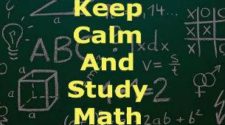




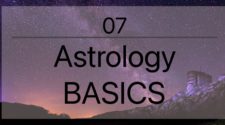
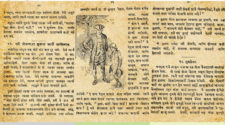
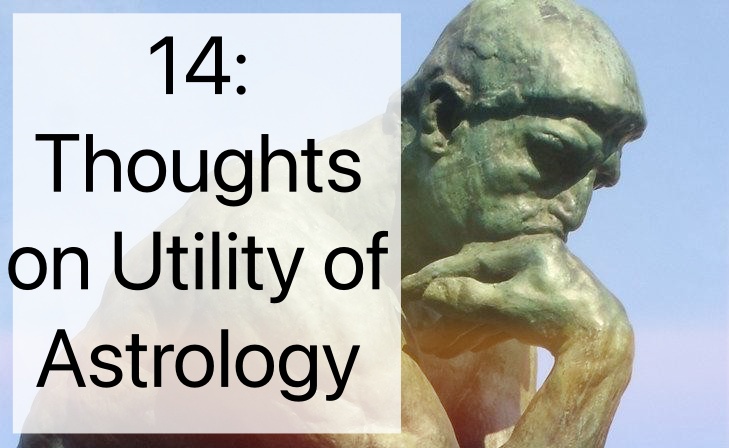


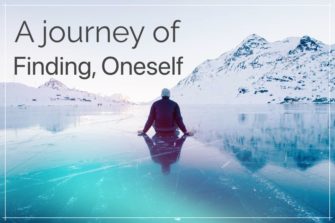
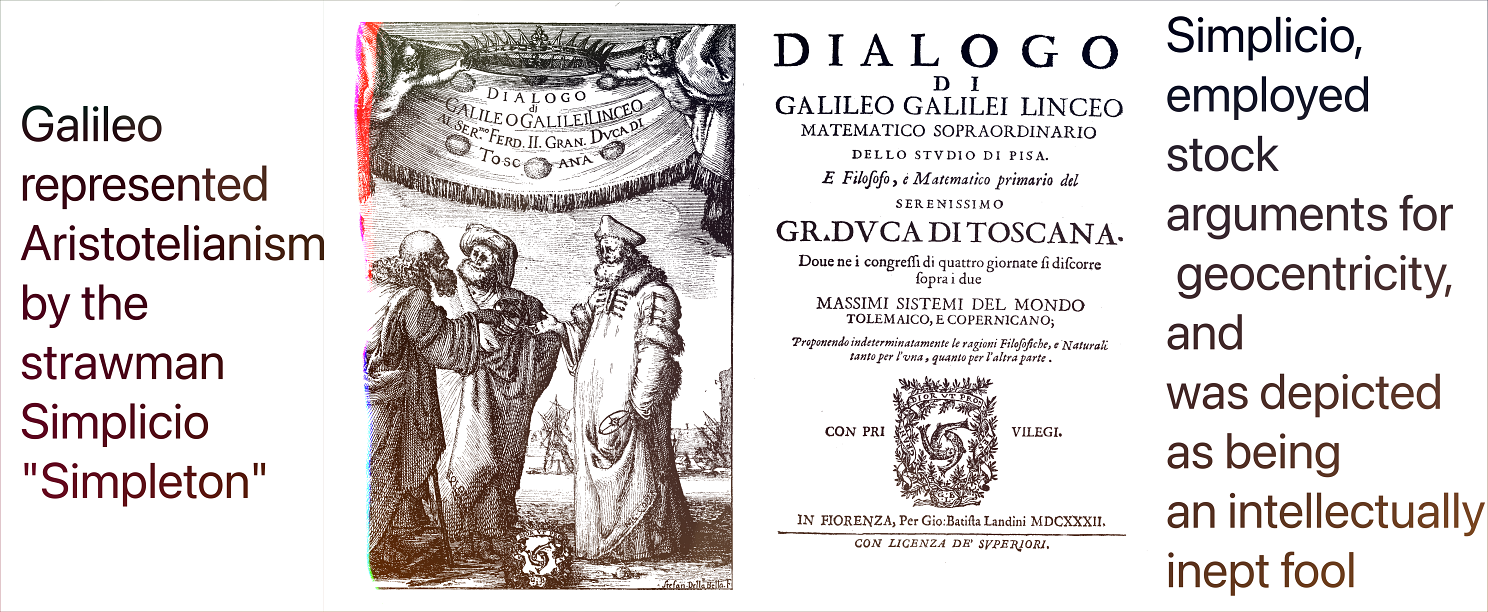



In current age astrology has become a remedial science, when it is not. Working/not working of these prescribed remedies is equated with astrology being science or not and so forth.
Astrology is just indicator, like milestones which indicate distance to destinations, planet are mere postmen to deliver the results of one’s own actions. No tantra, mantra, yantra will ever relieve oneself from clutches of Karm, except Karm itself. Come what may that Karm has to be lived to end it. Even Shri Ram, Shri Krishna were no exception to this rule.
Fate Vs Free will is a debate that always crops up close to Astrology. Astrology which is perceived a denier of Free will, is rather strong promoter of free will. Astrology teaches, encourages people to practice free will with guidance of your Karm.
When every or any 10th standard physics student cannot solve/understand quantum physics, or make mistakes, we dont call quantum physics as pseudo science/gibberish/quackery but sensibly say the kid is not yet prepared. Same goes for astrologer, however old he may be, whatever bold claims he makes, his mistakes. his ineptitude doesn’t make the science worthless.
Astrology must not be measured using current day scales of science, as sadhana, tapasya -integral to astrology cannot be measured/quantified yet. Not everyone can become an astrologer, this is what every to be customer of an astrologer must bear in mind.
calling astrology a science is the folly.
Jyotish is its pure sense can be a meditation on life, karm, philosophy. Astrology in its crudest form is merely a decision assisting tool, for simple people is it like A + B will get C. In its pure form Jyotish, is about what is A, what is B, what is addition, and what is C, and how they are linked.
Quantum Physics is not quackery until it is used for designing experiments, creating communication and computation systems. However, Quantum Physics also becomes quackery when some intellectuals use it to define consciousness, and when some see it as THE system explaining the universe.
It is like Pythagorus, he was a great mathematician till he was explaining geometries of right angled triangles and similar things. The same Pythagorus became a quack when he proclaimed, that the whole world can be explained in numbers. His quackery could not reconcile that either of radius or circumference of a circle can never be a number (either one has to be an irrational number)
Similarly, those calling Astrology a science are committing a folly. It is not a science, in the same way Data Science is not science, it can be Data Interpretation at its crudest, Data Analysis at its best, Data intelligence in its purest form.
Similarly, Astrology needs bi or trifurcation. Astrology as a prediction tool for people, a source of great commerce. Jyotish as a philosophical tool at it’s best, and Jyotish Jigyasa to discovering oneself in its purest form.
Anything and everything can become quackery, so can anything and everything become science. All the limbs of Indian philosophy are deeply intertwined and in individual form they are treated as pseudo sciences. To that is what i point to.
knowingly or unknowing we have this science bias towards to astrology, we all can accept certain scientific notions but same appear not be scientific when it comes to astrology. In that perspective I termed it as science. Give me an English word for ‘Shashtra’ and i shall use it.
For now I leave it at that, let me tickle some more gray cells and may be create an article addressing it.
yes, things seem to swing like the extreme ends of a pendulum. Either something is to be dismissed as pseudo science or revered as extremely sacrosanct. Nuance is absent